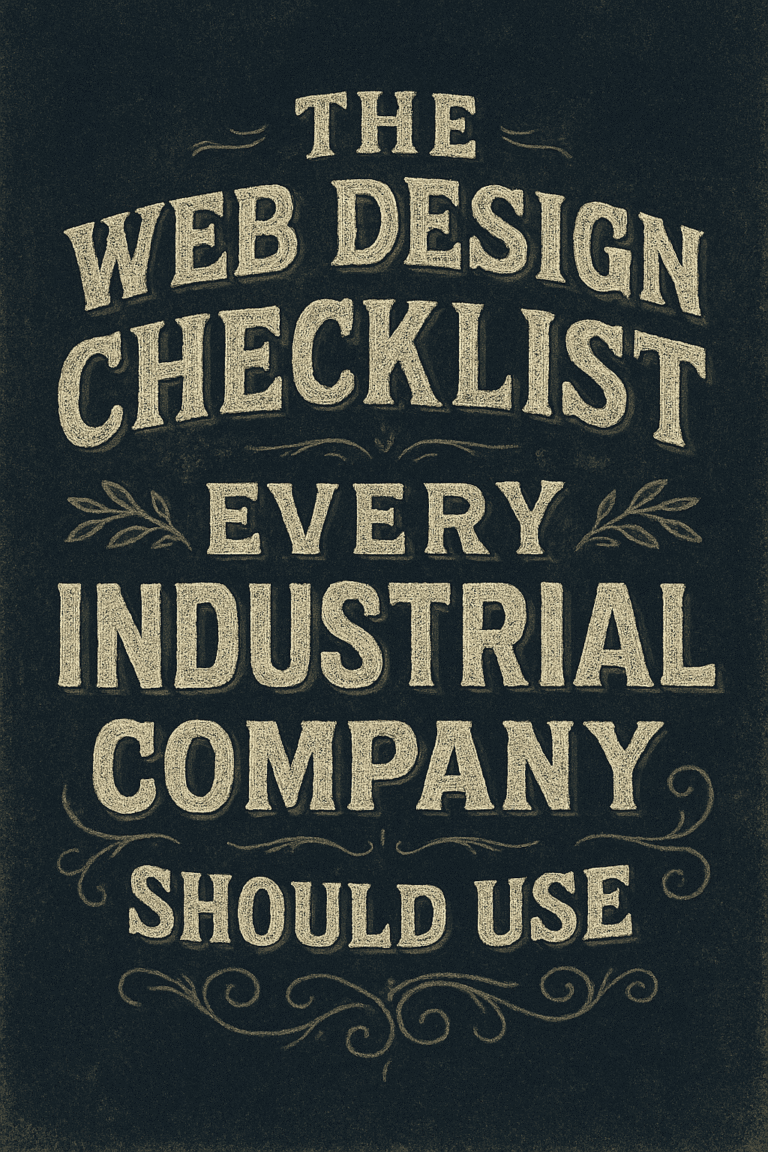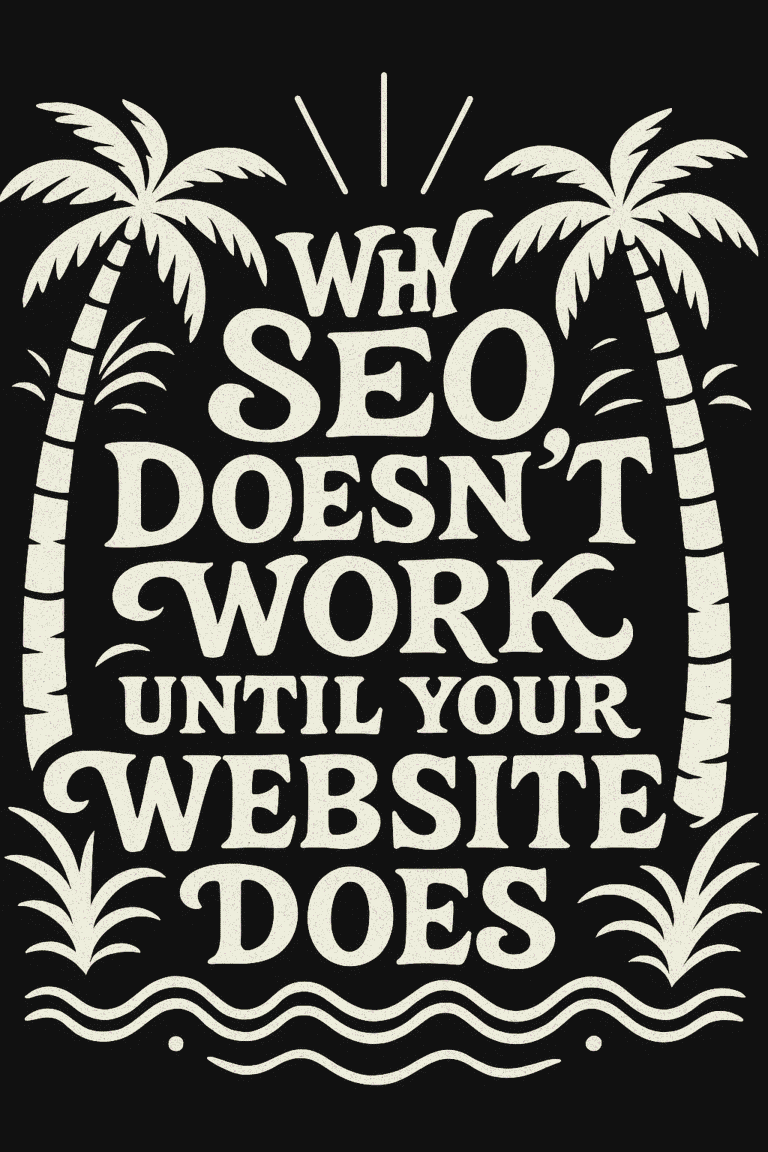
The age-old quest for perfection has often been akin to chasing a mirage. Traditional marketing approaches have long glorified the ideal of crafting campaigns that are flawless in every aspect, from conception to execution. This pursuit, rooted in a desire for absolute precision, has painted an illusion of control and predictability in an inherently unpredictable market.
Yet, as we navigate the ever-evolving terrain of marketing, a paradigm shift is emerging. The spotlight is shifting from the pursuit of perfection to the embrace of progress. Where trends fluctuate with the speed of a post and consumer preferences evolve overnight, clinging to the notion of perfection is not just impractical—it’s a strategic misstep.
This introduction to a new marketing mindset underscores the critical importance of agility and adaptability. It’s a call to action for modern marketers to prioritize continuous improvement and rapid iteration over the elusive and often counterproductive goal of perfection. In a world that rewards speed, responsiveness, and innovation, embracing progress over perfection isn’t just relevant—it’s essential for survival and success.
Let’s delve into why and how this approach is reshaping the very foundations of marketing strategy and execution.
The Pitfalls of Perfectionism in Marketing
Perfectionism, often lauded as a virtue in the marketing world, can paradoxically become a vice, hindering growth and innovation. The relentless pursuit of an immaculate campaign or strategy, while noble in intent, often blindsides marketers to the practical realities of the industry.
Missed Opportunities in the Quest for Flawlessness
In striving for perfection, marketers risk missing the forest for the trees. While fixating on refining every detail, significant market opportunities can slip by unnoticed. For instance, in the time spent perfecting a social media strategy, a new platform could emerge and capture the audience’s attention, rendering the original plan less effective. Perfectionism, in its essence, conflicts with this need for speed, often causing marketers to arrive late to the party, with flawless but untimely strategies.
Real-World Examples: The Cost of Perfectionism
The real-world implications of perfectionism are starkly evident in prolonged project timelines and escalated costs. Consider the case of a major tech company that delayed the launch of its highly anticipated product due to its obsession with minuscule design elements. This delay not only increased the project’s cost significantly but also allowed competitors to gain market share. Similarly, a renowned beverage company spent months fine-tuning a marketing campaign to align with its vision of brand perfection, only to find that consumer interests had shifted by the time of launch.
Impact on Team Morale and Creativity
Beyond tangible metrics like time and money, perfectionism can also take a toll on the intangible yet invaluable assets of a marketing team: morale and creativity. When perfection is the benchmark, the creative process becomes stifled. The fear of making mistakes or falling short of impeccable standards can inhibit team members from experimenting with innovative ideas or proposing unconventional strategies. This culture of caution breeds conformity, where safe and tried methods trump bold, creative risks. In a field driven by creativity and innovation, such an environment can be detrimental, leading to a decline in team morale and a loss of competitive edge.
The Agile Marketing Approach
In stark contrast to the rigid perfectionism that once dominated, the agile marketing approach offers a refreshing and practical alternative. Agile marketing is rooted in the principles of Agile development, a methodology initially devised for software development. It emphasizes flexibility, speed, and collaboration, focusing on delivering value to customers quickly and efficiently.
Defining Agile Marketing
Agile marketing is characterized by its iterative approach and adaptability. It involves breaking down larger marketing initiatives into smaller, manageable tasks that can be rapidly executed and evaluated. This methodology thrives on feedback and data, using them as guiding beacons to adjust strategies in real-time. Central to agile marketing is the concept of ‘sprints’—short, focused periods of work aimed at achieving specific goals, followed by reviews and adjustments based on results and feedback.
Fostering a Culture of Continuous Improvement
Agility inherently fosters a culture of continuous improvement. By its design, the approach encourages teams to regularly reflect on their performance and seek ways to enhance their tactics. This process of ongoing evaluation and adaptation ensures that marketing strategies remain relevant and effective in the face of changing market dynamics. In an agile environment, the focus shifts from creating the ‘perfect campaign’ to developing a ‘better version’ with each iteration. This mindset not only accelerates the pace of innovation but also builds a resilient and responsive marketing team.
Benefits in Responding to Market Changes
The real power of agile marketing lies in its capacity to respond swiftly to market changes. In a world where consumer behaviors and trends can shift overnight, agility becomes a superpower. Agile teams can quickly pivot strategies in response to new data, competitor moves, or emerging trends, without the cumbersome process of overhauling a meticulously crafted, ‘perfect’ plan. This responsiveness not only helps in capitalizing on fleeting market opportunities but also in mitigating risks and adapting to unforeseen challenges.
Agile marketing’s emphasis on collaboration and cross-functional teams further enhances its effectiveness. By breaking down silos and fostering open communication, agile teams can leverage diverse perspectives and expertise, leading to more innovative and comprehensive marketing solutions.
Practical Strategies for Embracing Progress
Shifting from a perfection-oriented to a progress-oriented mindset in marketing teams requires a strategic approach. This section delves into practical tips, tools, and techniques for fostering an environment that celebrates continuous improvement, and strategies for setting realistic goals and benchmarks.
Adopting a Progress-Oriented Mindset
- Cultivate a Learning Culture: Encourage teams to view every project as a learning opportunity rather than a quest for perfection. Emphasize the importance of lessons learned from both successes and failures.
- Promote Experimentation: Create an environment where creative risks are welcomed and not feared. This can involve setting aside time and resources specifically for trying out new ideas without the pressure of immediate perfection.
- Redefine Success Metrics: Shift the focus from flawless execution to metrics that measure learning, growth, and improvement. For instance, rate success based on the speed of iteration or the diversity of tested ideas.
Implementing Agile Practices
- Adopt Agile Tools and Software: Utilize tools like Kanban boards, Agile CRM, or Jira to manage tasks and workflows efficiently. These tools facilitate visibility, tracking, and collaboration essential for agile practices.
- Regular Stand-Up Meetings: Implement brief daily or weekly stand-up meetings to discuss progress, hurdles, and next steps. This keeps everyone aligned and fosters a collaborative spirit.
- Sprints and Retrospectives: Break down projects into shorter sprints with specific goals, followed by retrospective meetings to analyze what worked, what didn’t, and how processes can be improved.
Setting Realistic Goals and Benchmarks
- SMART Goals: Set goals that are Specific, Measurable, Achievable, Relevant, and Time-bound. This framework ensures that objectives are clear and attainable, reducing the allure of unfeasible perfection.
- Progress Benchmarks: Establish benchmarks that focus on progress indicators, such as the number of iterations, speed of response to feedback, or improvement in engagement metrics.
- Feedback Loops: Implement regular feedback mechanisms from both internal team members and external stakeholders. Use this feedback to refine strategies and set new, more targeted goals.
Overcoming the Fear of Imperfection
The shift towards embracing progress over perfection in marketing is often hindered by a deep-seated fear of imperfection. This section addresses how to overcome these fears, the crucial role of leadership in this process, and the importance of recognizing small victories and learning from failures.
Addressing Fears and Misconceptions
- Debunking the Myth of Flawlessness: Challenge the notion that flawless campaigns are the only path to success. Highlight examples where imperfect but timely and authentic campaigns have resonated more with audiences.
- Normalizing Imperfections: Acknowledge that in the fast-paced world, perfection is often unattainable and not necessarily desirable. Educate teams on the benefits of agility and adaptability, stressing that imperfections can lead to innovation and growth.
- Shifting the Focus to Value: Redirect the focus from being error-free to providing value. Emphasize how rapid execution and responsiveness often yield greater returns than protracted efforts to achieve perfection.
Leadership’s Role in Fostering a Progress-Valued Culture
- Leading by Example: Leadership should openly embrace agile practices and demonstrate comfort with imperfection. By sharing their own experiences with failures and learnings, leaders can set a tone of openness and resilience.
- Encouraging Open Communication: Foster an environment where team members feel safe to express concerns, share ideas, and report failures without fear of retribution. This open dialogue can lead to collaborative problem-solving and innovation.
- Providing Support and Resources: Ensure that teams have the necessary resources, training, and support to implement agile methodologies effectively. This includes providing access to tools, educational materials, and opportunities for professional development.
Celebrating Small Wins and Learning from Failures
- Recognizing and Rewarding Progress: Make it a practice to celebrate small milestones and improvements. This could be as simple as acknowledging a team member’s innovative idea or a successful iteration of a campaign.
- Constructive Analysis of Failures: Instead of penalizing failures, use them as opportunities for learning. Conduct post-mortem analyses to understand what went wrong and how similar mistakes can be avoided in the future. Emphasize the learnings rather than the shortcomings.
- Sharing Success Stories and Learnings: Create a repository of case studies within your organization that includes both successes and failures. Encourage teams to share their experiences and insights, fostering a culture of collective learning.
The Future of Marketing: Adaptability and Continuous Learning
As we look towards the future, it’s evident that marketing will continue to evolve at a rapid pace. This evolution will not only reshape practices but also redefine the core competencies required for success. Here, we explore predictions for the future of marketing, emphasizing the crucial roles of adaptability and continuous learning.
Predictions for the Evolution of Marketing Practices
- Rise of Data-Driven Agility: Marketing will increasingly rely on real-time data analytics to inform decisions. This shift will enable marketers to quickly adjust strategies in response to consumer behaviors and market trends.
- Emphasis on Customer Experience: Personalization and customer experience will become even more paramount. Marketers will need to adapt to changing consumer preferences with more targeted and dynamic campaigns.
- Integration of Emerging Technologies: Adoption of AI, machine learning, and other emerging technologies will become standard. These tools will help in predicting market trends, automating tasks, and creating more engaging customer interactions.
The Importance of Staying Adaptable and Open to Learning
- Embracing Change as Constant: The only constant in the future of marketing will be change itself. Staying adaptable means being prepared to pivot strategies, adopt new technologies, and rethink traditional approaches.
- Continuous Skill Development: As the tools and tactics of marketing evolve, so must the skills of marketing professionals. Ongoing education and training will be essential in staying relevant and effective.
- Learning from Diverse Sources: Innovation often comes from cross-pollination of ideas. Marketers should look beyond their immediate industry for inspiration and learning opportunities, embracing a more holistic view of consumer engagement.
Encouragement to Continually Seek Improvement Rather Than Perfection
- Iterative Improvement as a Strategy: In an industry that’s constantly shifting, the best strategy is one of continuous improvement. This approach enables quick responses to change and fosters a culture of flexibility and resilience.
- Valuing Process Over Outcome: Shifting focus from the end product to the process of creation allows for more experimentation and rapid iteration. This mindset is key in fostering an environment where ongoing improvement is valued more than static perfection.
- Building a Culture of Curiosity and Innovation: Encourage a workplace ethos that questions the status quo, experiments with new ideas, and learns from both successes and setbacks. This culture will be the driving force behind thriving marketing teams in the future.
Recap
The shift from perfectionism to progress-oriented marketing offers numerous benefits. It enables quicker responses to market changes, fosters a culture of innovation, and encourages a more realistic and sustainable approach to campaign development. By valuing iterative progress, marketing teams can stay relevant and competitive in an ever-changing landscape, leveraging real-time data and feedback to continually refine and improve their strategies.
As we move forward, the call to action for marketers is clear: Start implementing these progress-focused strategies in your daily operations. Embrace agile methodologies, foster a culture that values learning from both successes and failures, and stay open to continuous improvement. Remember, the goal is not to create flawless campaigns but to build marketing strategies that are flexible, responsive, and continuously evolving.





